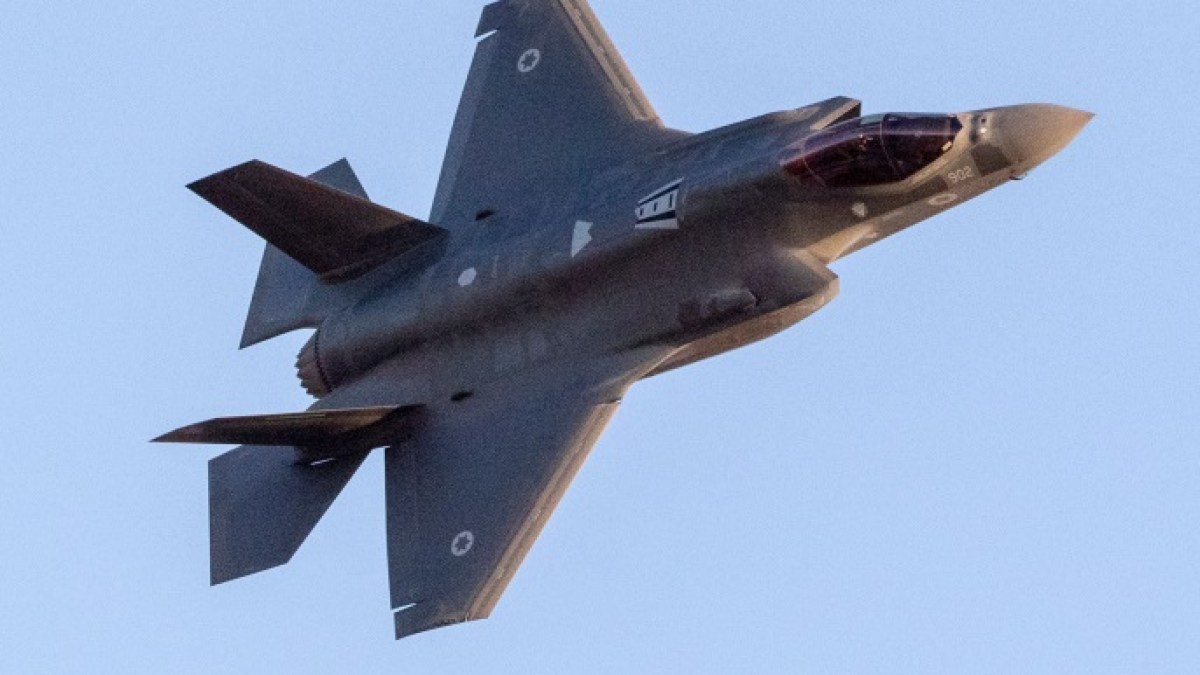A Dutch court ruled to ban the export of F-35 aircraft spare parts to Israel (French)
The Hebrew website Calcalist, which specializes in economics, ruled out Israel being exposed to an arms embargo, but said that the call by European Union foreign policy official Josep Borrell to the international group to study the possibility of reducing weapons supplied to Israel may have a tangible impact in terms of the possibility of restricting the export of raw materials needed by companies. The Israeli arms industry, a situation complicated by partners and allies of Prime Minister Benjamin Netanyahu with their “irresponsible” behavior.
In a report entitled “The impact of the European threat on the armament of the Israeli army may be tangible,” Yuval Azoulay wrote that Israel did not care about a Dutch court’s decision to ban the export of F-35 aircraft spare parts to Israel, and that the decision would likely not prevent these aircraft from taking off because The pieces stored in the south of the Netherlands are not owned by this country, but rather by the American company Lockheed Martin and the US Department of Defense (the Pentagon) (which runs supply centers in many countries to facilitate export), but the continuation of the war and the erosion of the influence of the Israeli narrative in world public opinion in favor of the Palestinian narrative may complicate Israel’s situation and not Only from a legal angle in the Netherlands.
According to Azoulay, the “irresponsible statements” of Netanyahu’s senior allies and partners are part of the legal basis on which South Africa builds its case against Israel in the Court of Justice, but the ongoing conflict within the government and the crazy call to settle the Gaza Strip may accelerate more dangerous paths, including Borrell’s call, who believes that Reducing arms imports reduces the scope of killing in Gaza, a step that the Israeli journalist links to US President Joe Biden’s talk last week about excessive Israeli use of force.
raw materials
The report quoted a source close to the Israeli defense industries sector who feared that production operations would be complicated if calls similar to Borrell’s increased.
The source said that urging the imposition of an arms embargo, even if it is likely to be rejected by the allies, Berlin or Washington, may harm this Israeli sector.
Azoulay says that what Israel fears is a decision that classifies the raw materials used by its defense industries as weapons, restricting the supply of materials such as aluminum used to manufacture missiles or sensors.
Although Israel manufactures its basic weapon systems or purchases them from the United States thanks to annual military aid (which includes, among other things, the supply of combat aircraft, attack helicopters, refueling aircraft, and bunker-buster bombs), a significant portion of the components of some systems are manufactured abroad, according to Azoulay, who cites tanks as an example. Chariot.
Israeli arms companies manufacture 70% of the tank's components, but the remaining 30% are produced abroad, including the engine, which is manufactured in Germany and exported to the United States for Israel to purchase with American aid money.
“Reining in fanatical allies”
Azoulay notes that Israeli defense industries companies are working tirelessly to supply the army with the weapons and systems it needs in the Gaza Strip, and are actually preparing themselves for the possibility of a conflict in Lebanon, but the Gaza war took them by surprise, as it broke out and their order book was crowded with many customers rushing to buy military equipment due to the war. Ukraine.
Azoulay adds that the Israeli companies that brag about producing advanced missiles that intercept Houthi missiles in the skies of the Red Sea and manufacturing early warning radars rely in their manufacture on imported raw materials, and that a decision was taken to restrict aluminum exports under the pretext of using it to produce missiles or to stop the supply of metal chips (used by Rafale aircraft). French) may cause damage that is “closer to a tumor in the head than a passing headache,” according to the description of a source in a major Israeli defense industries company.
The report urged the Israeli Prime Minister to invest his efforts not in stressing the importance of the independence of the Israeli defense industries, but rather in “restraining his fanatical allies and partners who may make it difficult for Israel to obtain the weapons it wants.”
The site reminded that Israeli arms factories are not the only ones recording a surplus in production, as there are other factories around the world that work around the clock due to the arms race that emerged after the Ukrainian war, and they often have good customers from around the world who are looking for the same raw materials that Israeli companies want. .
Source: Israeli press

